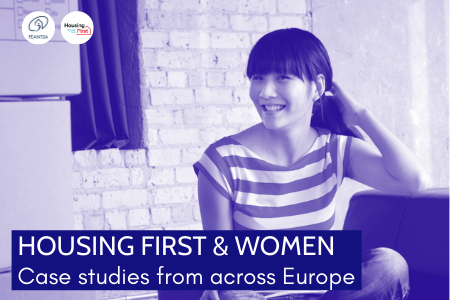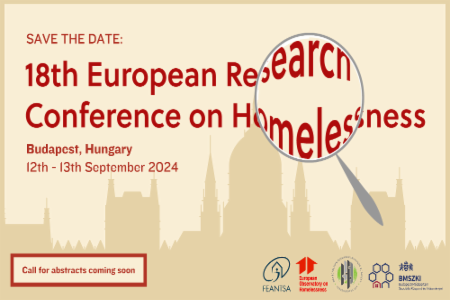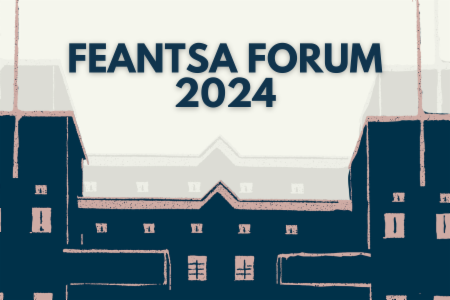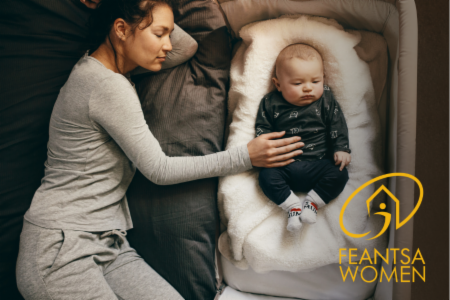PUBLICATION: Housing First & Women – Case Studies from across Europe

Read the full publication here
Women experience homelessness at a horrifying rate and yet their homelessness is often invisible and underestimated. A study by Bretherton & Pleace (2018) highlighted that women avoid emergency shelters designed for people sleeping rough because of fear or because services are not designed to meet their specific gender-related needs. Women sleeping rough hide and conceal their gender and are more likely to rely on informal arrangements, such as staying with friends, relatives and/or acquaintances - often in unsafe housing - which makes their homelessness less visible. Due to the lack of visibility and low engagement with homelessness services, many vulnerable women are less effectively served by homelessness services and are more likely to be left without support as a result (Bretherton & Pleace, 2018).
Growing evidence shows that women have different pathways into homelessness and have different needs compared to men (Bretherton & Mayock, 2021). Women’s homelessness is rooted in many interrelated factors, such as gendered experience of poverty, housing market discrimination, experience of gender-based violence, lack of adequate and affordable housing options when escaping domestic violence, lack of women-specific support services, and experiences of shame and stigma. This gender-specific dimension should be integrated into our understanding of women’s homelessness. A gender lens, which considers the specific challenges associated with gender, should be part of any strategies to prevent and end women’s homelessness (FEANTSA, 2021).
This is incredibly relevant when considering Housing First supports. Housing First is a housing and support approach that provides a stable home for people who have experienced homelessness, together with intensive, person-centred, holistic support that is open-ended and unconditional. This housing-led approach can be very well integrated with gender- and trauma-informed approaches to care and support. In fact, these approaches are complementary and can be combined to create the appropriate set-up for women to exit homelessness and break the cycle of violence and homelessness.
Housing First is a leading, evidence-based approach to help end homelessness, designed around eight core principles that form the foundation of all Housing First services, no matter who uses them. However, recognising that some people experiencing homelessness have specific needs, in some services, additional considerations are layered over the foundational principles to better adapt to the needs of these service users, such as for women.





